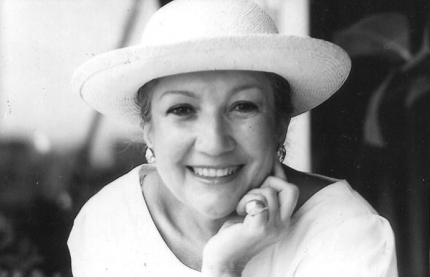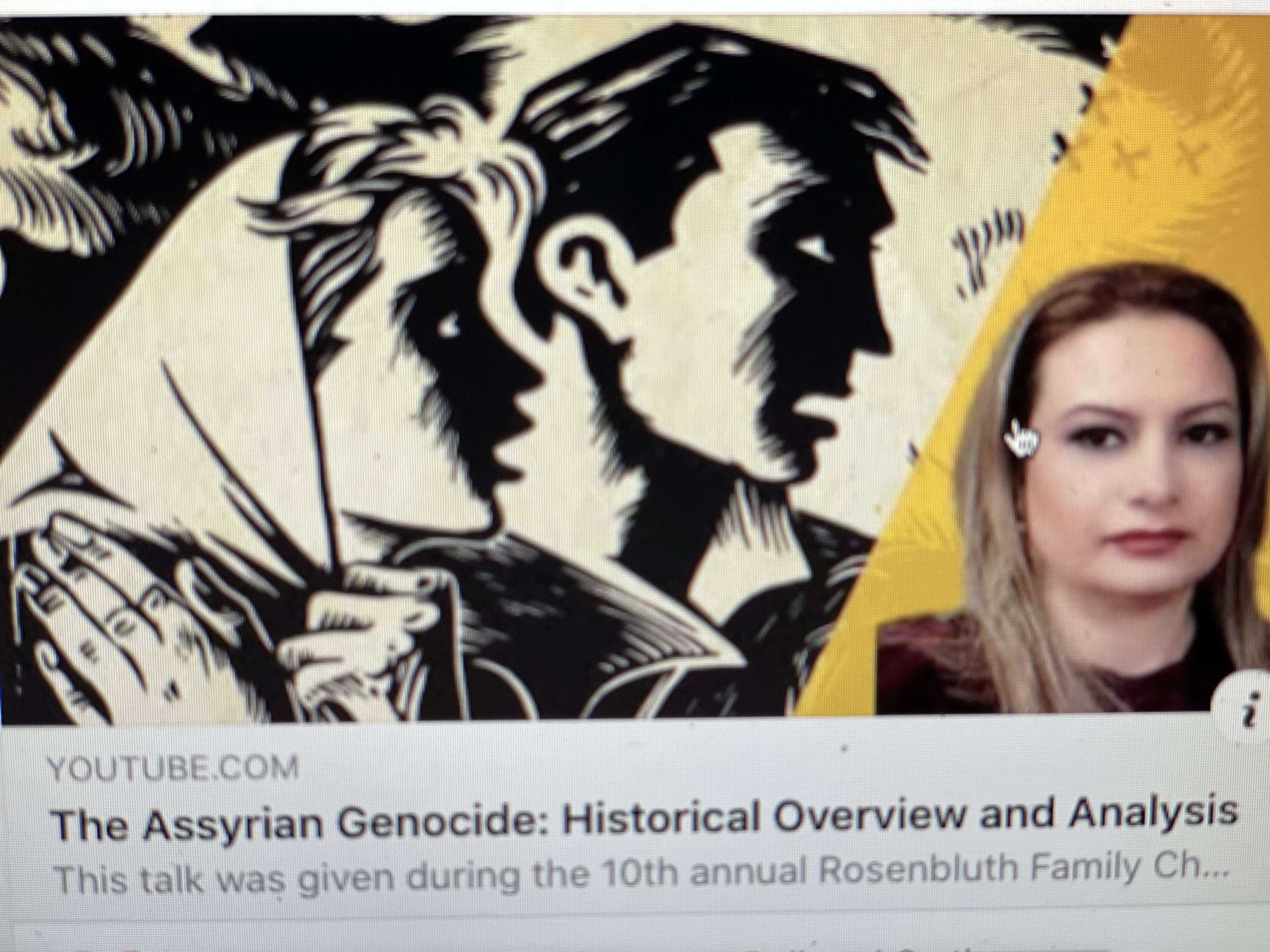By Daniel Campos
Between 1894 and 1924, 1.5 million to 2.5 million Christians were murdered in Anatolia
World-renowned Israeli historian Benny Morris sat down with i24NEWS to discuss his new body of work, which seeks to unravel the systematic genocide of Christian subjects of the Ottoman Empire before and after its collapse.
As found in The Thirty-Year Genocide: Turkey’s Destruction of its Christian Minorities, between 1894 and 1924, 1.5 million to 2.5 million Christians were murdered in Asia Minor.
Many of Morris and co-author Dror Zeevi’s findings are not new, but their impeccably-researched tome aims to show that three distinct waves of massacres and religious persecution were all part of a single overarching effort to wipe out Anatolia’s Christian population.
Written with the help of historical archives, the book makes use of testimonies from missionaries and diplomats of the time, as well as accounts from perpetrators and victims.
According to demographic research, before the three waves of violence that swept across Anatolia during this period, the region’s Christian minority accounted for 20 percent of the population. By the end of the thirty-year period, the population had been reduced to 2 percent.
Seeking to unravel why the Turks tried to rid Christians from their empire, Morris said there is no simple answer.
On one hand, according to Morris and Zeevi, Islam did played a major role in the three waves of violence: “The perpetrator– those who went out to invade and plunder Christian homes, killing the inhabitants with axes and knives and raping women– were motivated by the Islamic belief that they were killing infidels deemed dangerous to Islam and the empire.”
Asked if he believed the driving force behind the campaigns was nationalism rather than religion, Morris conceded that nationalism did play significant driving role in the persecutions, especially during the Ataturk period where “making a uniform Turkish society meant getting rid of diversity; in other words, the Christians.”
Through their research, the Israeli historians reached the conclusion that the Turks did not act alone. Rather, they employed collaborators, namely Kurds and other ethnic minorities, to carry out many parts of the genocide, just as the Nazis did during the Holocaust.
While Morris and Zeevi make a compelling case to link the three waves of violence, some critics point out that by landing on Islam as an overarching motivator behind the genocide, the book fails to account for what changed in this period to change the existing status-quo whereby Christians “lived in relative security under Ottoman rule for centuries.”
Text and editing by Mary McAuliffe, i24NEWS web editor and journalist



